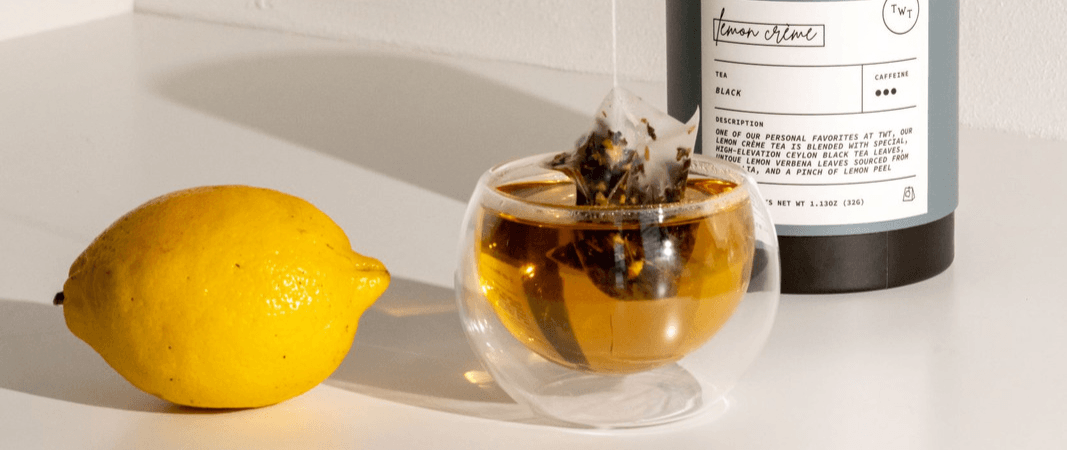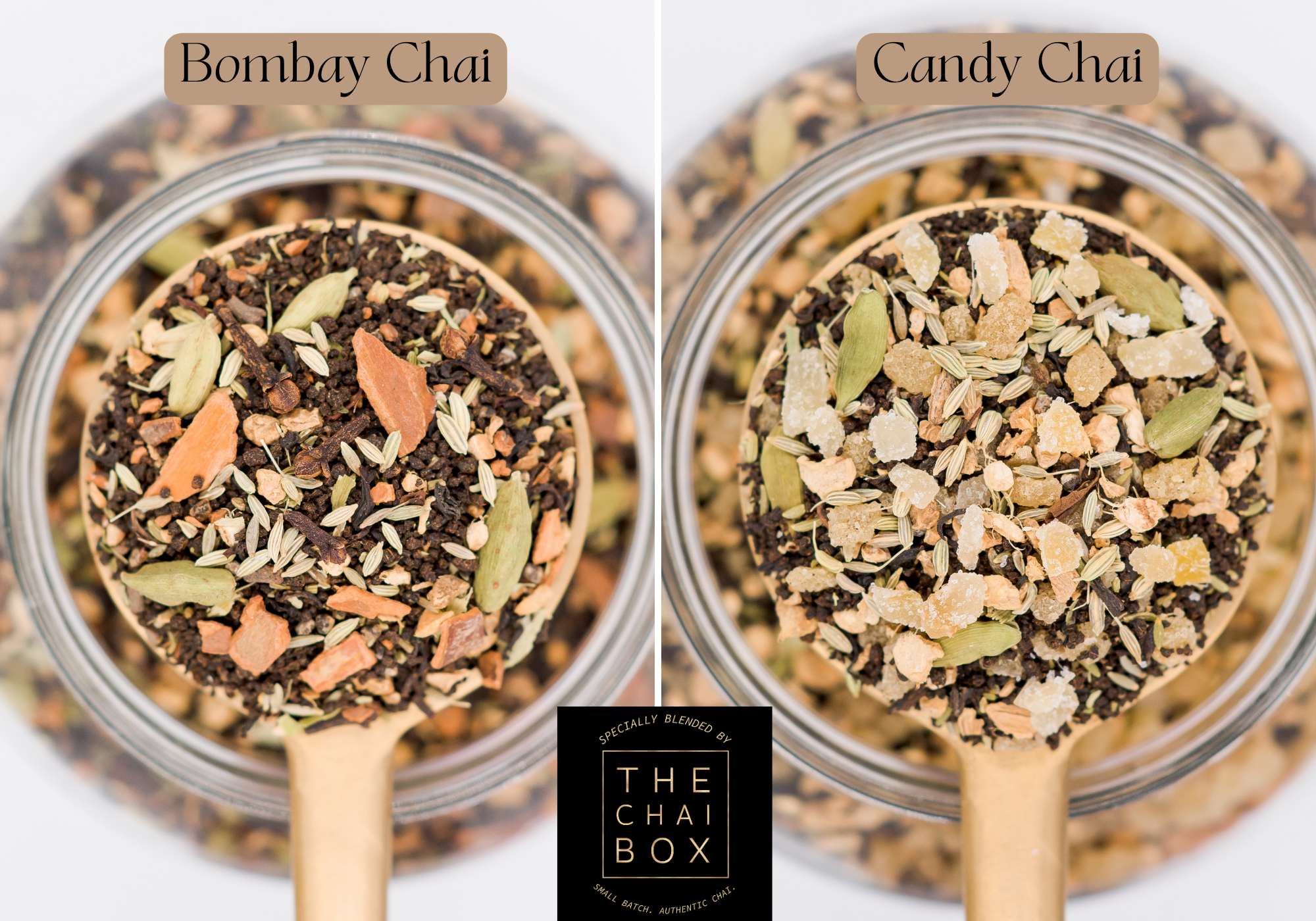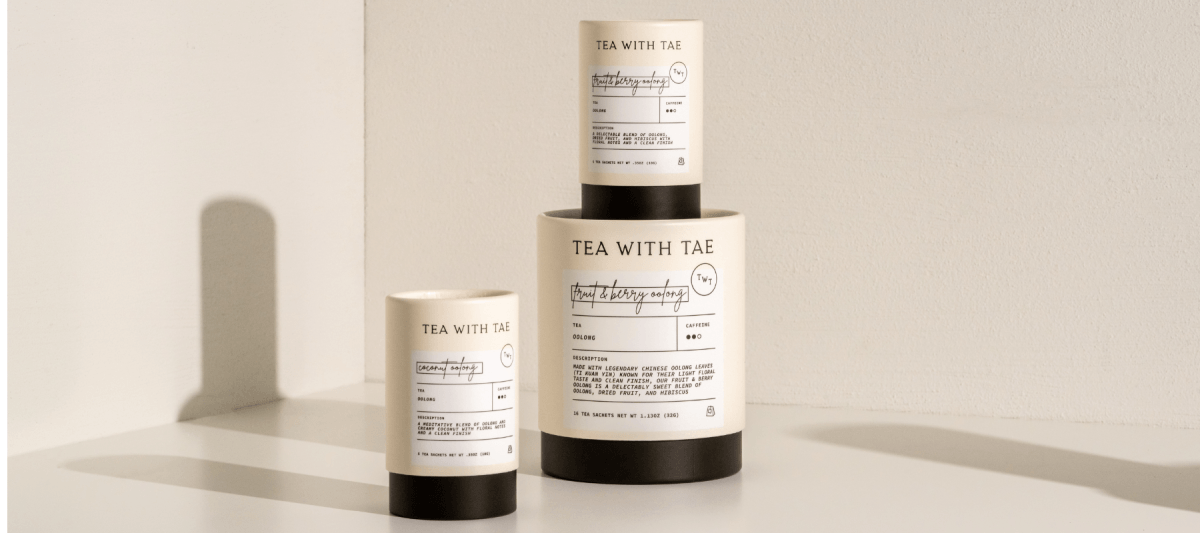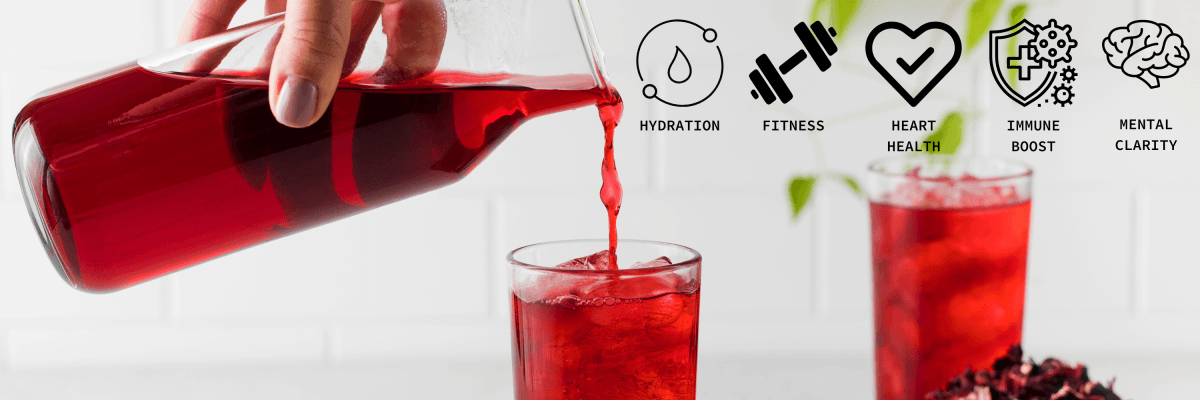
How Does Water Quality Affect My Tea?
Of all the factors that can make or break your tea, water quality is the most important – yes, even more important than the quality of your tea leaves and herbs. The reason why water quality is so important is because even if you had the finest, highest quality tea leaves, if your water is bad, your tea will still be bad. In observance of World Water Day, we’re going to be taking a deeper look at how water quality affects the quality of your tea.
What is World Water Day?
World Water Day is an international observance that takes place annually on March 22. This day aims to raise awareness of the importance of freshwater and advocate for the sustainable management of water resources. It is an opportunity to take action on global water issues and to promote the need for universal access to clean water for all.
The history of World Water Day dates back to 1992 when the United Nations Conference on Environment and Development (UNCED) took place in Rio de Janeiro. During this conference, the international community recognized the importance of water and declared March 22 as World Water Day. Since then, every year, World Water Day is celebrated globally to raise awareness and encourage people to take action to conserve and protect water resources.
Why is water quality important when making tea?
When it comes to making tea, the quality of water used is crucial. The taste of tea can be affected by the quality of the water used. Water that is too hard, with high levels of minerals such as calcium and magnesium, can cause tea to taste flat and bitter. On the other hand, water that is too soft may result in a weak and insipid tea.
So what is the ideal water quality for a good cuppa? Here are some general guidelines for the water nerds:
- PH: Neutral (between 6–8); brewed tea will be slightly more acidic, with a pH of 4.5–6.
- Hardness: 1–4 grains is ideal. Hard water can flatten taste and cloud iced tea.
- Total Dissolved Solids (TDS): 50–150 ppm
- Chlorine: 0
Water hardness can make your good cuppa a bad cuppa. For example, Tea with Tae is based in Denver, Colorado where the water is HARD. Depending on where you live, you may have an easier (or harder) time getting that ideal water quality to brew your tea. Here’s a map of water hardness in the U.S. from the USGS:

To ensure that the water used for making tea is of good quality, it is important to purify it. Here are some suggestions for purifying your water before making tea:
- Boil the water: Boiling water is the simplest and most effective way to purify it. Boiling kills most of the bacteria and viruses that may be present in the water. It also helps to remove any chlorine, which can affect the taste of tea.
- Use a water filter: Water filters can remove impurities and improve the taste of the water. There are different types of water filters available, including activated carbon filters, reverse osmosis filters, and ultraviolet filters.
- Use bottled water: If tap water is not of good quality, using bottled water is a good option. Bottled water is purified and does not contain any contaminants that can affect the taste of tea. Spring water can make some of the best tea because the natural mineral content in spring water binds to the polyphenols in tea to create exquisite flavors.
- Cold Brew your tea: Cold brewing your tea can help reduce the minerally taste of tea and avoid the cloudiness that hard water brings to your cup. Cold-brewing your tea also enhances the umami (savory) taste and depresses bitter notes.
Also, don’t forget to brew your tea at the proper temperature. Brewing your tea at the wrong temperature–even with purified water and high-quality leaves–can make your cup taste too bitter or too weak. Brewing your tea at the proper temperature can release new flavors from your leaves and herbs that you’ve never experienced before.
What temperature should I brew my tea?
The ideal temperature for a cup of tea depends on the type of tea you are brewing. A general rule of thumb is no more than 180° for green and white teas and at least 190° or more for black, oolong, and herbals. Here’s our steeping guide for reference:
- Green Tea: 170° for 3-5 minutes (5 minutes or more increases the risk of your cup tasting bitter)
- White Tea: 175° for 3 minutes (this is a delicate tea)
- Black Tea: 200-212° for 5 minutes
- Oolong Tea: 190° for 4-5 minutes
- Chai: 200-212° for 5 minutes
- Rooibos: 212° for 5 minutes
- Herbal: 212° for 5 minutes
Be careful using too hot of water when steeping your tea. If you use too hot of water (such as boiling water) to steep your tea, you risk “burning” your tea leaves, where the water will over-extract the tannins and polyphenols from the tea leaves, enhancing the astringency and bitterness of the tea. This effect is particularly noticeable in less oxidized teas, such as green teas.
Note, you don’t have to worry about “burning” your tea with herbals or rooibos-based tea blends, since these blends don’t actually contain any “tea” leaves. You are safe to prepare a cup of these at boiling temperatures (just be careful not to burn yourself!).
If you want to invest in a temperature-controlled kettle, so you can control the temperature of your water before brewing, we recommend the Fellow Stagg EKG, which is what we use at home and at the TWT HQ. You can get yours here.
At the end of the day, YOU are the tea drinker, so you will have to experiment with water temperatures and steeping times to make your perfect cup. Some people love strong, astringent teas, so they will steep their teas longer. Some people want to avoid any bitter notes, so they will use lower water temperatures and steep their tea for a shorter amount of time. It’s all up to you. There is no right or wrong way to make your perfect cup of tea!




Leave a comment
This site is protected by hCaptcha and the hCaptcha Privacy Policy and Terms of Service apply.